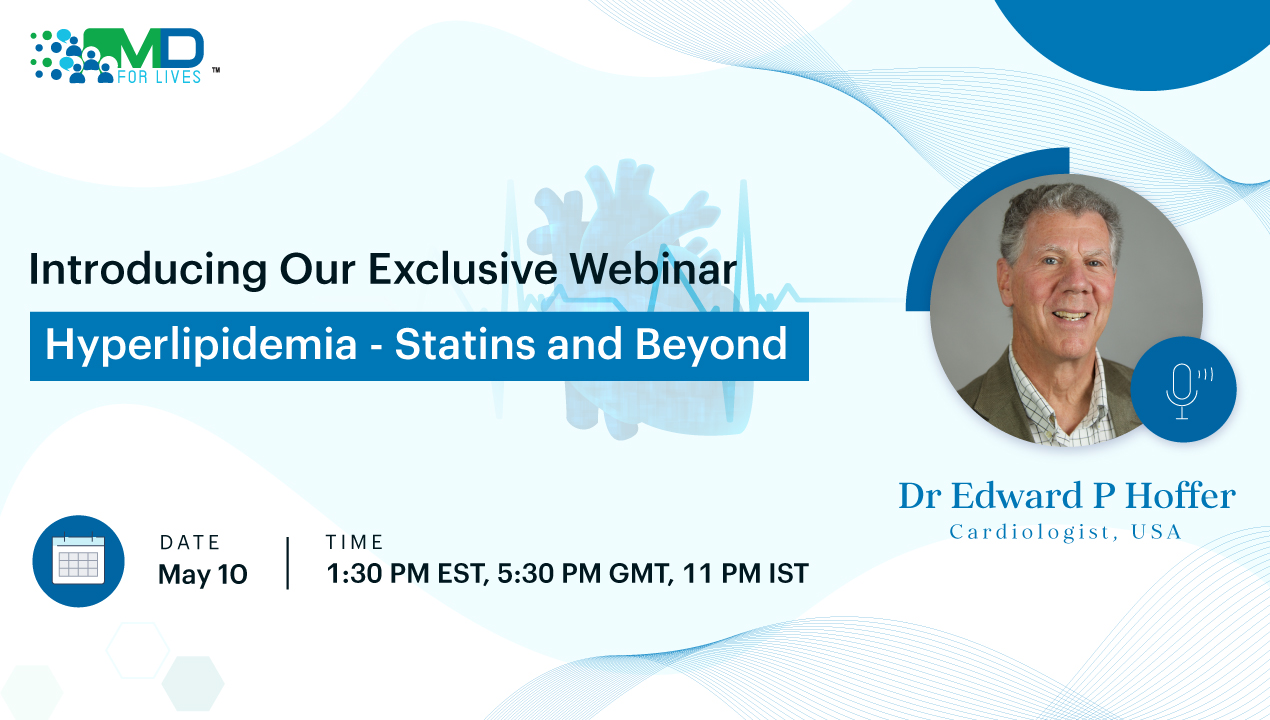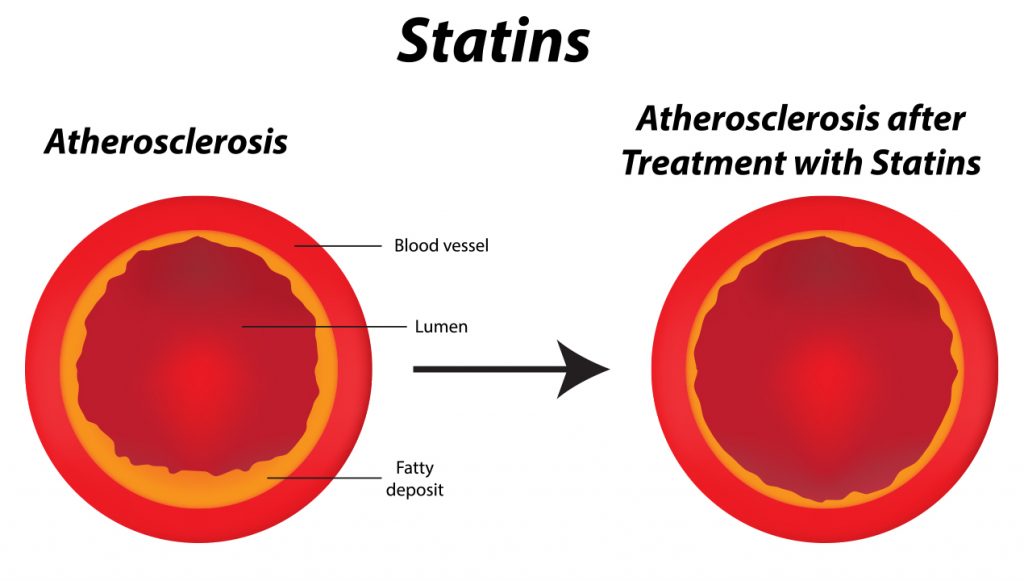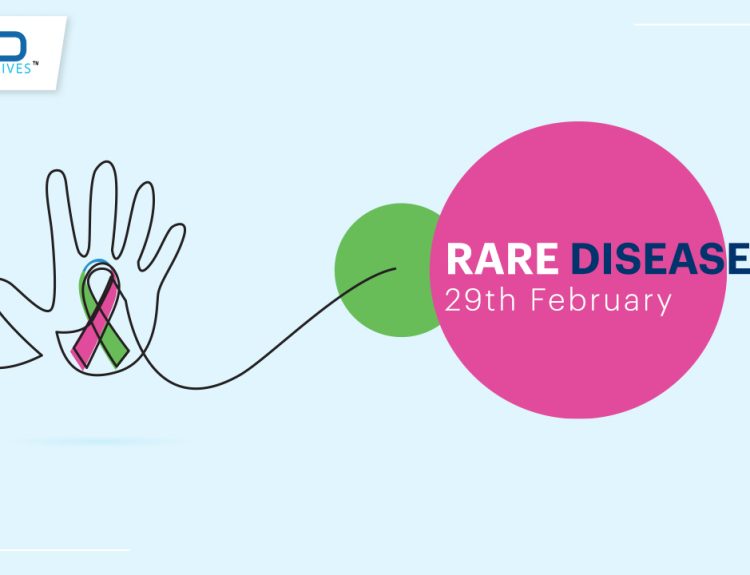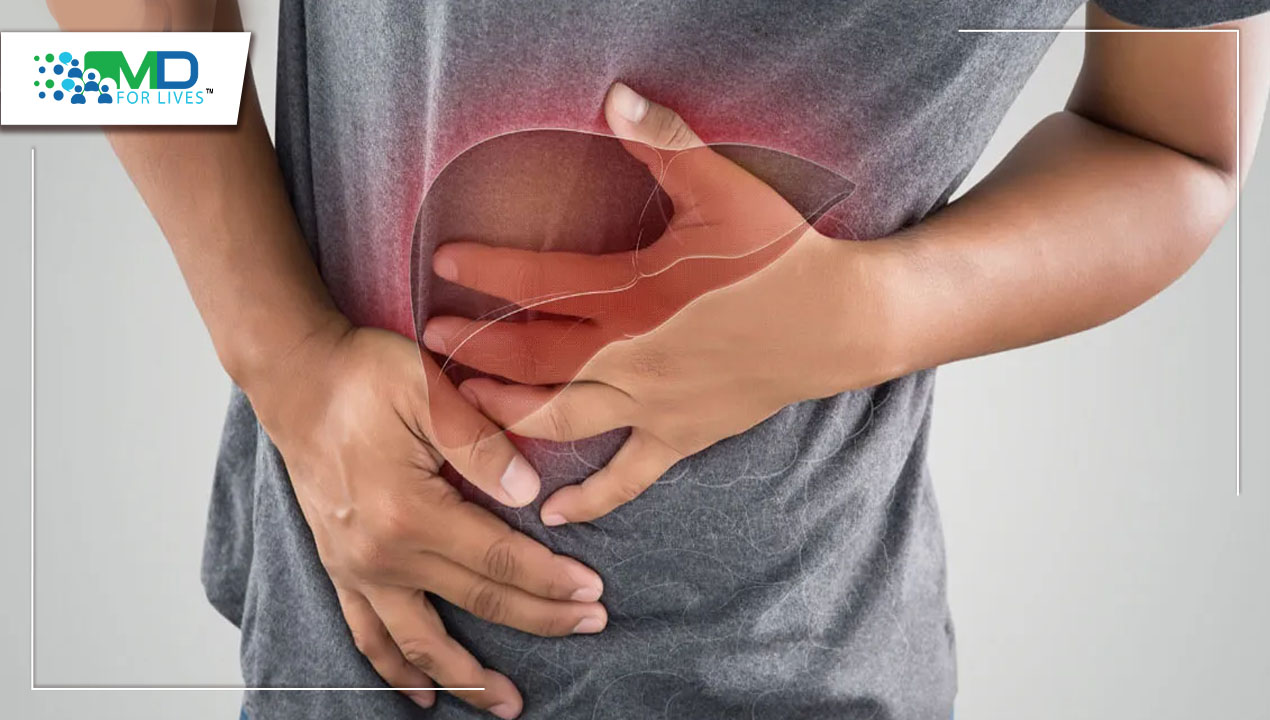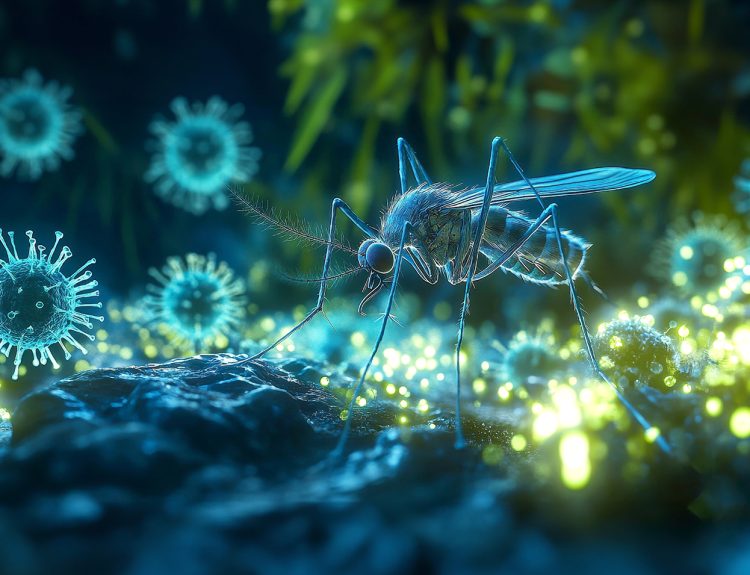Statins are commonly prescribed medications for hyperlipidemia, which is a condition characterized by high levels of lipids in the blood. Statins work by inhibiting an enzyme called HMG-CoA reductase, which plays a key role in cholesterol synthesis in the liver. Hydroxymethylglutaryl-CoA (HMG-CoA) reductase inhibitors, which are commonly referred to as “statins,” are medications that are used in conjunction with diet and exercise to treat hypercholesterolemia. They work by reducing the levels of total cholesterol, low-density lipoprotein cholesterol and triglycerides in the blood while increasing the levels of high-density lipoprotein cholesterol. Although the specific indications approved by the FDA may vary slightly between individual statins, in general, they are prescribed for both the treatment and prevention of primary and secondary atherosclerotic cardiovascular disease (such as heart attacks or strokes).
First statin to be discovered
The first statin to be discovered was lovastatin, which is also known by the brand name Mevacor. Lovastatin was isolated in 1978 from a fermentation broth of the fungus Aspergillus terreus by researchers at Merck & Co. The discovery of lovastatin was a major breakthrough in the treatment of hypercholesterolemia, and it paved the way for the development of other statins, such as simvastatin, atorvastatin and rosuvastatin. Statins have since become one of the most commonly prescribed medications for the prevention and treatment of cardiovascular disease.
Controversies and side effects related to statins
While statins are generally considered safe and effective medications for the prevention and treatment of cardiovascular disease, there have been some controversies and concerns about their use. Some of the controversies and potential side effects associated with statins include:
- Muscle pain and weakness: Statins can sometimes cause muscle pain, weakness and damage, particularly in people who are taking high doses or who have underlying muscle conditions. This side effect is relatively rare but can be serious in some cases.
- Increased risk of diabetes: Some studies have suggested that long-term use of statins may increase the risk of developing diabetes, particularly in people who have other risk factors for the disease. However, the overall risk is still considered relatively small.
- Cognitive effects: There have been some reports of cognitive side effects, such as memory loss, confusion and fuzzy thinking.
- Liver damage: Statins can sometimes cause liver damage, particularly in people who have pre-existing liver conditions or who are taking other medications that can affect the liver.
- Controversies about benefits in low-risk populations: There is a debate about whether statins can reduce the risk of death from all causes in people with a low risk of cardiovascular disease. Studies have found a mortality benefit from statins in high-risk patients, while there is limited evidence to support such benefits in low-risk groups.
Role of PCSK9 inhibitors in hyperlipidemia
Although statins are effective at reducing cholesterol levels, their effectiveness is limited by the concurrent increase in PCSK9 activity.
In 2003, researchers identified a genetic mutation that caused some individuals to develop very high levels of LDL cholesterol and cardiovascular disease at a young age. This discovery led to the development of PCSK9 inhibitors, which are medications that work by blocking the PCSK9 protein pathway. The liver produces PCSK9 protein, which breaks down LDL receptors that remove LDL cholesterol from the bloodstream. High levels of PCSK9 protein lead to fewer LDL receptors in the liver, resulting in increased levels of LDL cholesterol. PCSK9 inhibitors are monoclonal antibodies that prevent the PCSK9 protein from functioning, which increases the number of LDL receptors in the liver and reduces LDL cholesterol levels. Unlike statin medications, which work differently, PCSK9 inhibitors may be used in conjunction with them.
PCSK9 inhibitors are typically reserved for individuals who are unable to achieve their LDL cholesterol goals using other cholesterol-lowering drugs, including statins. Currently, there are two PCSK9 inhibitors available in the U.S.: Repatha (evolocumab) and Praluent (alirocumab). These medications are approved to lower LDL cholesterol levels in adults and to reduce the risk of heart attack and stroke in adults who have a known history of heart disease. Additionally, both drugs are approved for use in individuals with certain inherited conditions, such as heterozygous familial hypercholesterolemia (HeFH) and homozygous familial hypercholesterolemia (HoFH).
Bempedoic acid
Bempedoic acid is a newly developed medication that works by inhibiting cholesterol biosynthesis in the same pathway as statins. It is given in the form of a prodrug, which means that it is only converted into an active drug in the liver and not in muscle tissues. Bempedoic acid has been shown to effectively lower LDL cholesterol levels and is associated with a low occurrence of muscle-related side effects. Among patients who cannot tolerate statins, treatment with bempedoic acid was found to be linked to a lower incidence of major adverse cardiovascular events, which include death from cardiovascular causes, nonfatal myocardial infarction, nonfatal stroke, or the need for coronary revascularization. One of the advantages of bempedoic acid is that it can be used in combination with statins, which may provide additional LDL cholesterol-lowering effects for people who have not achieved their target lipid levels with statin therapy alone. Additionally, because it is an oral medication, it may be more convenient for some patients than injectable medications like PCSK9 inhibitors.
Knowing the side effects of statins and the role of PCSK9 inhibitors and bempedoic acid is important for physicians to save, extend and improve patients’ lives.
Dr Edward P Hoffer, cardiologist, USA, has vast knowledge in cardiology and applies and devotes his expertise to identifying patients’ medical problems and then using his abilities to prevent or treat them. His contributions:
- Served as the Assistant Professor of Medicine at Harvard, University of Massachusetts & many other medical schools.
- He developed a computer-based program to teach cardiopulmonary resuscitation.
- For many years, he taught medical residents & conducted case conferences.
- He held a leadership role in the Society to Improve Diagnosis in Medicine.
- He has over 35 published articles.
- For the past twenty years, he developed & maintained DXplain, a diagnostic decision-support system.
In the upcoming webinar organized by MDforLives on May 10th at 1:30 PM EST exclusively for physicians, Dr Hoffer will discuss the proper use of statins, the role of PCSK9 inhibitors and the newest drug, bempedoic acid, in the treatment of hyperlipidemia. At the conclusion of the meeting, there would be an opportunity for questions and answers.
Registration is just open for a few more days and seats are very limited. So, do not delay to book your seat and increase your expertise in treating hyperlipidemia.
Register now
References:
- Harvard Health Publishing. Managing statin muscle pain – Harvard Health. Harvard Health. Published August 9, 2019. https://www.health.harvard.edu/pain/managing-statin-muscle-pain
- Statins in Persons at Low Risk of Cardiovascular Disease. TheNNT. Accessed April 26, 2023. https://thennt.com/nnt/statins-persons-low-risk-cardiovascular-disease/
- Bansal AB, Manouchkathe Cassagnol. Antilipemic Agents, HMG-CoA Reductase Inhibitors. Nih.gov. Published November 27, 2019. https://www.ncbi.nlm.nih.gov/books/NBK542212/
- Lovastatin. Go.drugbank.com. https://go.drugbank.com/drugs/DB00227
- MD AKH. Are statins enough? When to consider PCSK9 inhibitors. Harvard Health Blog. Published June 8, 2020. https://www.health.harvard.edu/blog/are-statins-enough-when-to-consider-pcsk9-inhibitors-2020060819986
- PCSK9 Inhibitors vs. Statins for High Cholesterol. GoodRx Health.Accessed April 26, 2023. https://www.goodrx.com/conditions/high-cholesterol/pcsk9-inhibitors-vs-statins
- Nissen SE, Lincoff AM, Brennan D, et al. Bempedoic Acid and Cardiovascular Outcomes in Statin-Intolerant Patients. New England Journal of Medicine. Published online March 4, 2023. doi:https://doi.org/10.1056/nejmoa2215024
- Bempedoic Acid for LDL-C Lowering: What Do We Know? American College of Cardiology. https://www.acc.org/latest-in-cardiology/articles/2020/08/10/08/21/bempedoic-acid-for-ldl-c-lowering

MDForLives is a global healthcare intelligence platform where real-world perspectives are transformed into validated insights. We bring together diverse healthcare experiences to discover, share, and shape the future of healthcare through data-backed understanding.

